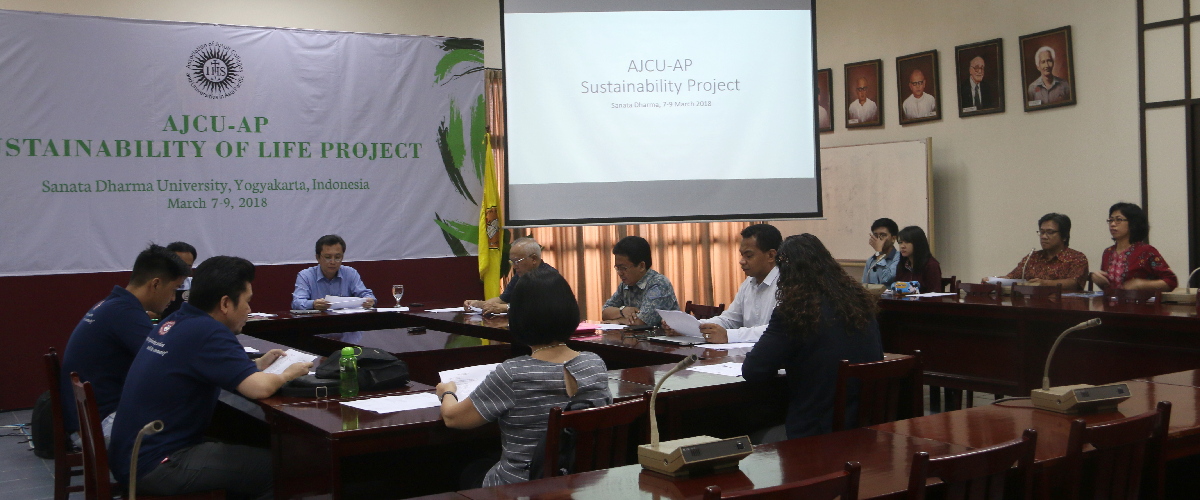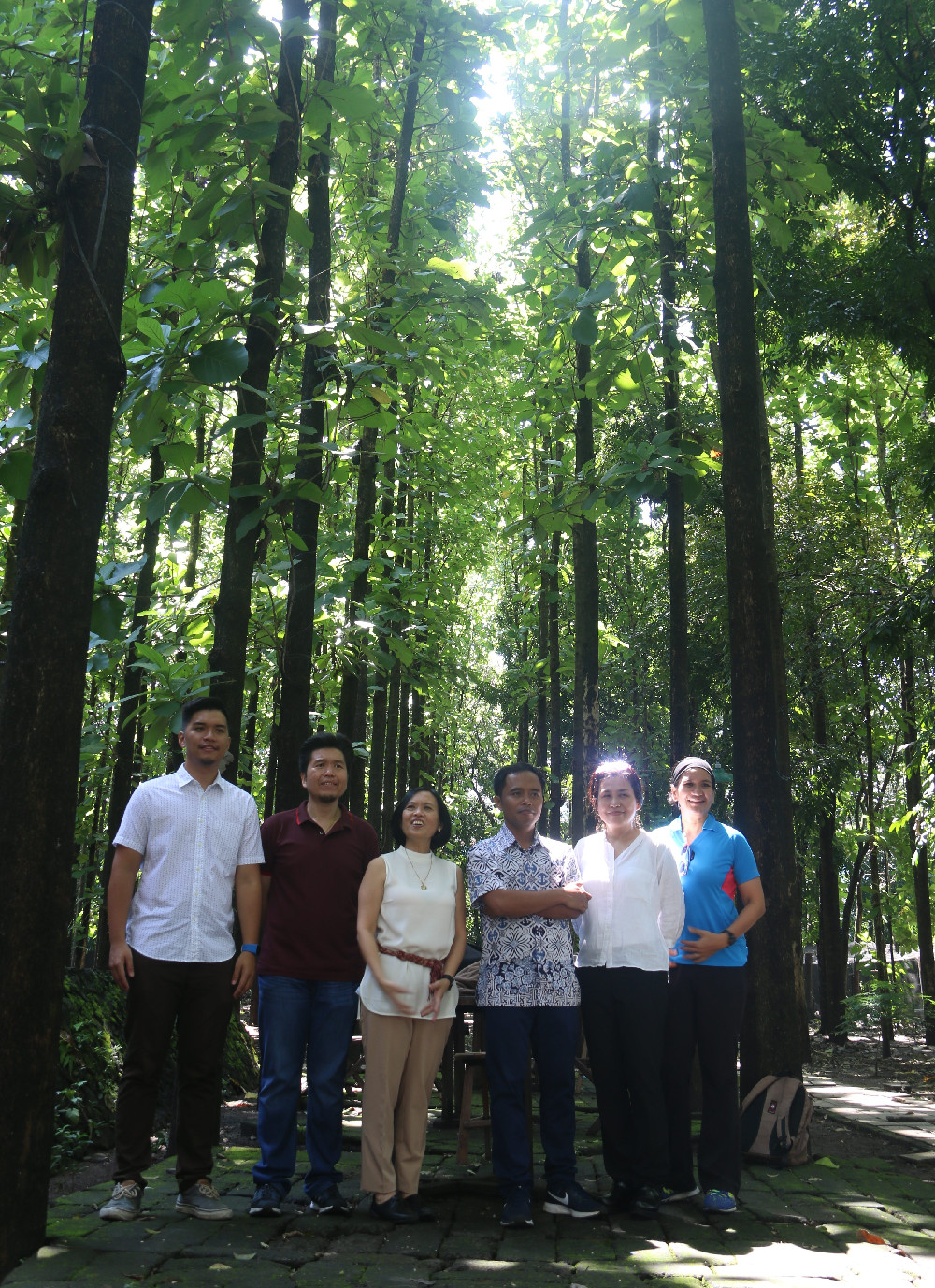 The urgency of saving the planet from the greed of its human inhabitants cannot be emphasised enough. The Catholic Church has joined ranks with secular authorities in calling for immediate actions. In August 2016 the Jesuit Conference of Asia Pacific held a three day conference on sustainability of life to bring cross-sectoral initiatives together. The day after the conference held in Yogyakarta, Indonesia, the Association of Jesuit Colleges and Universities in Asia Pacific (AJCU-AP) followed up by committing to provide an institutional home for the concept of sustainability.
The urgency of saving the planet from the greed of its human inhabitants cannot be emphasised enough. The Catholic Church has joined ranks with secular authorities in calling for immediate actions. In August 2016 the Jesuit Conference of Asia Pacific held a three day conference on sustainability of life to bring cross-sectoral initiatives together. The day after the conference held in Yogyakarta, Indonesia, the Association of Jesuit Colleges and Universities in Asia Pacific (AJCU-AP) followed up by committing to provide an institutional home for the concept of sustainability.
That decision was confirmed in the AJCU-AP presidents’ meeting in Chiang Rai in 2017 with a specific mandate to start a network of institutions among its members. The President of AJCU-AP, who is president of Sanata Dharma University in Indonesia, invited AJCU-AP members to form a core team to drive this initiative forward.
Last month, from March 7 to 9, the core team comprising representatives from Sanata Dharma, Sophia University in Japan, Ateneo de Manila University, Ateneo de Cagayan University and Ateneo de Davao University in the Philippines, Instituto São João de Brito in Timor-Leste and ATMI (Industrial Mechanical Engineering Academy) in Indonesia gathered in Sanata Dharma to establish the network and draft a work plan. The team also elected Carmela Santos, Director of Ecoteneo at Ateneo de Davao, as team leader.
 The core team defined its mission as “to initiate collaborative works in researching, developing and promoting models of sustainable development by recognising the environmental domain that is foundational in all human activities, and thus practical actions, cultural traditions, sciences, theology and spirituality are drawn within this context,” shared Fr Benny Juliawan SJ, JCAP Secretary for Social Ministries, who moderated the meeting.
The core team defined its mission as “to initiate collaborative works in researching, developing and promoting models of sustainable development by recognising the environmental domain that is foundational in all human activities, and thus practical actions, cultural traditions, sciences, theology and spirituality are drawn within this context,” shared Fr Benny Juliawan SJ, JCAP Secretary for Social Ministries, who moderated the meeting.
Its goals are conversion to a sustainable individual and institutional lifestyle, protection of the rights of the most vulnerable, that is, society and creation and their influence in policy making, shift from businesses to sustainable value creation, and appropriation of valuable wisdom and tacit knowledge from indigenous and faith communities.
To achieve these goals, the core team drafted a five-year work plan that includes collaborative research, publications, training of community trainers, thematic student exchanges, promotion of sustainable consumption practices in campuses and periodic festivals of sustainability. As an academic initiative, the network will take advantage of its institutional resources and reach out to a wider audience.
The plan has to be approved by the AJCU-AP presidents before it can be implemented, but, according to Fr Juliawan, “enthusiasm was high among the core team members and each was willing to contribute to the collaborative effort”.
The new network will complement the work of the Reconciliation with Creation group, which has been driving the ecology agenda in the Jesuit Conference of Asia Pacific for the past seven years.
Related story: A new way of being a Jesuit conference

